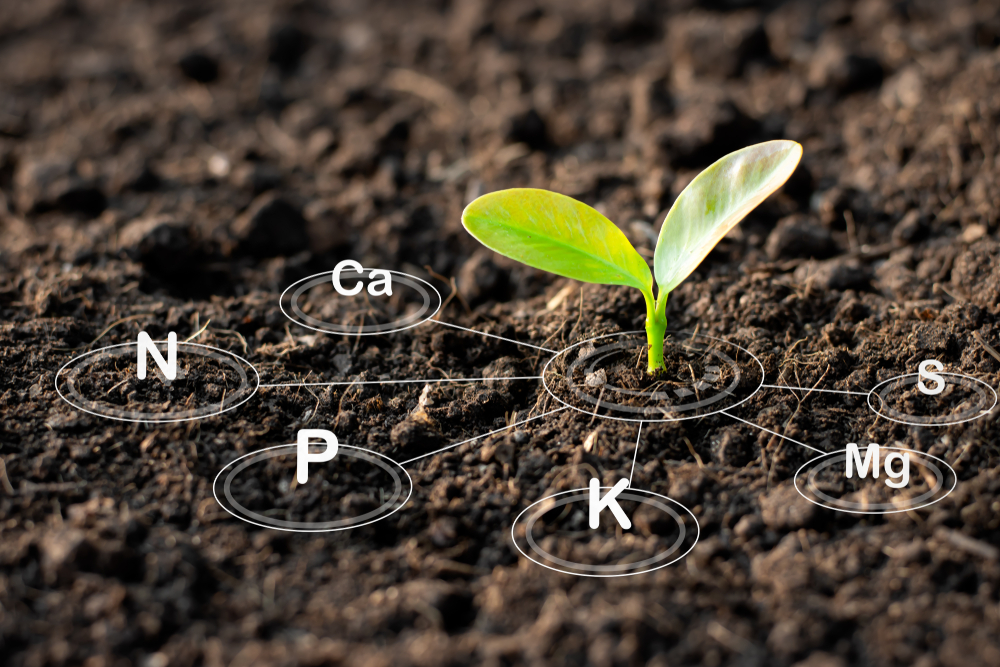The restoration of water and mineral reserves is essential after physical effort, which is very often accompanied by sweat loss. Whether after a competition or daily physical training, the priority is always rehydration and mineral intake.
Indeed, the consequences of poor hydration and mineral salt replenishment are numerous: poor recovery (cramps, acidification of the body, oxidative stress...; loss of energy; drop in performance; drop in endurance.
Quickly discover below the interest of the main minerals in sports practice.
SODIUM
The recommendation of the Scientific Committee for the Evaluation of Risks related to Food for Human Consumption recommend including sodium in drinks for optimal rehydration in case of prolonged physical effort.
This is because sodium is the main salt in sweat. In addition, researchers believe that sodium losses may play a role in the onset of muscle cramps or fatigue.
Sodium is known to stimulate the thirst mechanism and it also improves the rate of absorption of water and carbohydrates in the small intestine. This absorption rate contributes effectively to rehydration and delays muscle fatigue.
CALCIUM
Calcium is contained in bones, cartilage and soft tissues (such as muscles). Calcium plays a role in various functions such as the permeability of biological membranes, which in turn determines exchange, conductivity and contractibility.
It is therefore involved in the regulation of muscle contractions. It acts in collaboration with magnesium.
MAGNESIUM
Magnesium is an essential mineral for the proper functioning of the body. It is involved in more than 300 metabolic reactions.
It acts in close association with sodium, potassium and calcium with which it must remain in balance. Magnesium contributes in particular to nerve transmission and muscle relaxation after contraction, and helps to combat cramps.
It is also essential for lipid metabolism, as well as for the regulation of blood sugar levels and blood pressure. It therefore plays a major role in nervous and general balance.
POTASSIUM
Potassium plays a major role in the transmission of nerve impulses and muscle contraction. A decrease in mineral intake would significantly reduce the performance of sportsmen and women. Potassium also controls blood pressure and water movements (hydroelectric balance) in the body.
SELENIUM
Selenium is an antioxidant, allowing the body to condition the activity of antioxidant enzymes. This antioxidant activity allows the elimination of free radicals (toxic peroxides) resulting from cellular respiration generated during exercise.
PHOSPHORUS
Phosphorus is essential for the functioning of all cells and participates in their activities. It is also involved in the formation of many compounds essential to the body's reactions and the creation of energy (ATP molecules).
IRON
Iron is used to enable the formation of haemoglobin. This is involved in the fixation and transport of oxygen and thus participates in the O2/CO2 gas exchange, cellular respiration during exercise.
Iron also integrates myoglobin, which corresponds to the muscle oxygen reserve.
Good hydration as well as mineral supplementation before, during and after exercise is therefore essential to be able to practise a physical activity in complete serenity.



